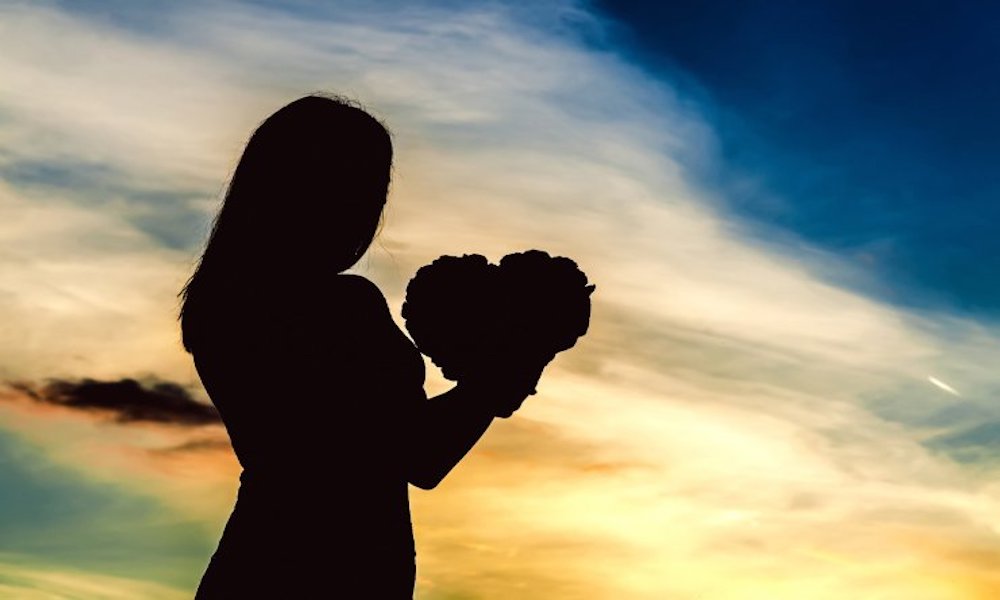why are you so unkind to me
my body cries
cause you don’t look like them
I tell her
– Rupi Kaur, “the sun and her flowers”
Words so simple. Words so powerful. Words so courageous. Words that resonate.
When was the first time you were teased? Not teased for an unfortunate choice of clothing or careless behavior that day, but truly teased… shamed… humiliated for who you are, your race, your being? Teased for your skin color… your culture… your ancestors? Teased for the color, the volume, the texture of your hair… your eye shape… your nose width… your lip size? Teased for the clothing your family wears… their accent… their ethnic decor? Teased for your first name, a name given to pay respect to the Holy? The food you eat… the food you don’t eat… personal sacrifices made to pay respect to the Holy?
Where were you the first time you faced racism? How young were you?
Who were you with? Who helped you, if anyone? How many other kids joined in and laughed?
Where did you feel the pain in your body? How long did you cry for? What parts of your body and your identity did you learn to hate in those times of humiliation?
Did you tell your family at home? Did they understand your experience—an experience so different from their own?
How many more years did you experience this racism? How did these experiences impact your life?
I can vividly recall my first experiences with racism. I was a preschool girl attending Montessori School in a predominantly white, Christian New Jersey town. After being targeted and isolated for my skin color, I recall scrubbing my skin in the shower, scrubbing until soft, beautiful, white bubbles covered my five-year-old brown skin, my differences, my identity. My mother toweled me off, returning me to the skin color that had been declared “dirty” and “poop colored” by my peers. Draining my body and my heart of self-love, teaching my mind to loathe my skin, my soul, my being. Returning to my fears and hopelessness that I will, in fact, never belong.
As I grew from a preschool girl to a high school student, I continued to experience racism in my small suburb outside of Pittsburgh, Pennsylvania. Teachers and students were both guilty of racist words spoken from their positions of power, leaving my minority friends and I feeling helpless and silenced.
Racial slurs targeting African Americans and Asian Americans were regular occurrences. Teachers made slurs about Vietnamese students. My 10th-grade world history teacher declared that the chapter on India was “not important” (while looking directly at me). Students using the “N” word and “Jap” to refer to my closest friends, and confused all of us Asian girls as one individual. Warnings to my parents about their children “burning in hell” were considered helpful advice by the Evangelical Christians of my community trying to “save” my Hindu family.
The racism I experienced attending college in midwestern Ohio continued my pain and forever changed my identity. As a freshman in 1998, I dealt with racist jokes that assumed my parents worked in 7-Eleven convenience stores even though they, both PhD holders, were working in the fields of energy science and public education. I dealt with racist jokes about the skin color of my dates, questioning whether a white man would or could ever seriously date a brown-skinned woman.
Ohio was where I was when the Twin Towers fell, forever changing this country’s tolerance of brown-skinned immigrants. The intensity of the racism I experienced quickly escalated, and fear closely followed. Questions about my nationality, my potential links to terrorist groups and jokes about “Ay-Rabs” became part of my college experience, as former friends and strangers intended to isolate brown-skinned people in need of a fleeting sense of power.
It is hard to forgive and understand those oppressors who succeeded in making me feel powerless, voiceless and worthless. Those who attempted to silence me. But as I learn to end my silence, my isolation and my suffering, I see that acceptance and forgiveness are possible. I see that those oppressors are the ones truly suffering, the ones who are truly pained and powerless. And as I choose to end my silence, I choose courage, acceptance and forgiveness. And most importantly, I choose self-love.
I have no happy ending to this story, to this journey, as I am still on this path. A path that has been turbulent and tiring… a path on which I was targeted as recently as today. But nevertheless, I am on a path forward towards courage, towards silence-breaking, towards self-love. A path with a beautiful view ahead… the path of a courageous journey-woman… a journey-woman who believes we, the hurt, the pained, the suffering, will rise again…
You may shoot me with your words…
You may cut me with your eyes…
You may kill me with your hatefulness…
But still, like air, I’ll rise…
– Maya Angelou





